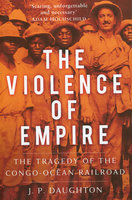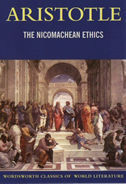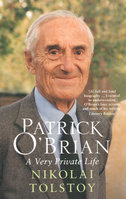New, Quality Books - 50-90% off, over 2500 titles
Your basket is empty.
Categories Erotica ON GETTING OFF: Sex and Philosophy
ON GETTING OFF: Sex and Philosophy
Book number: 92712
Product format: Hardback
In stock
Bibliophile price
£3.00
Published price
£12.99
Customers who bought this product also bought
|
VIOLENCE OF EMPIRE: The Tragedy of the Congo-Ocean Railroad
Book number: 93630
Product format: Hardback
Bibliophile price
£7.00
Published price
£25
|
|
SELF SEAL DL WHITE ENVELOPES PACK OF 50
Book number: 93203
Product format: Unknown
Bibliophile price
£4.00
|
|
|
PATRICK O'BRIAN: A Very Private Life
Book number: 94316
Product format: Paperback
Bibliophile price
£5.50
Published price
£10.99
|
ROWING THE PACIFIC: 7,000 Miles from Japan to San Francisco
Book number: 91126
Product format: Paperback
Bibliophile price
£4.00
Published price
£13.99
|
Browse these categories as well: Erotica, Religion & Philosophy







